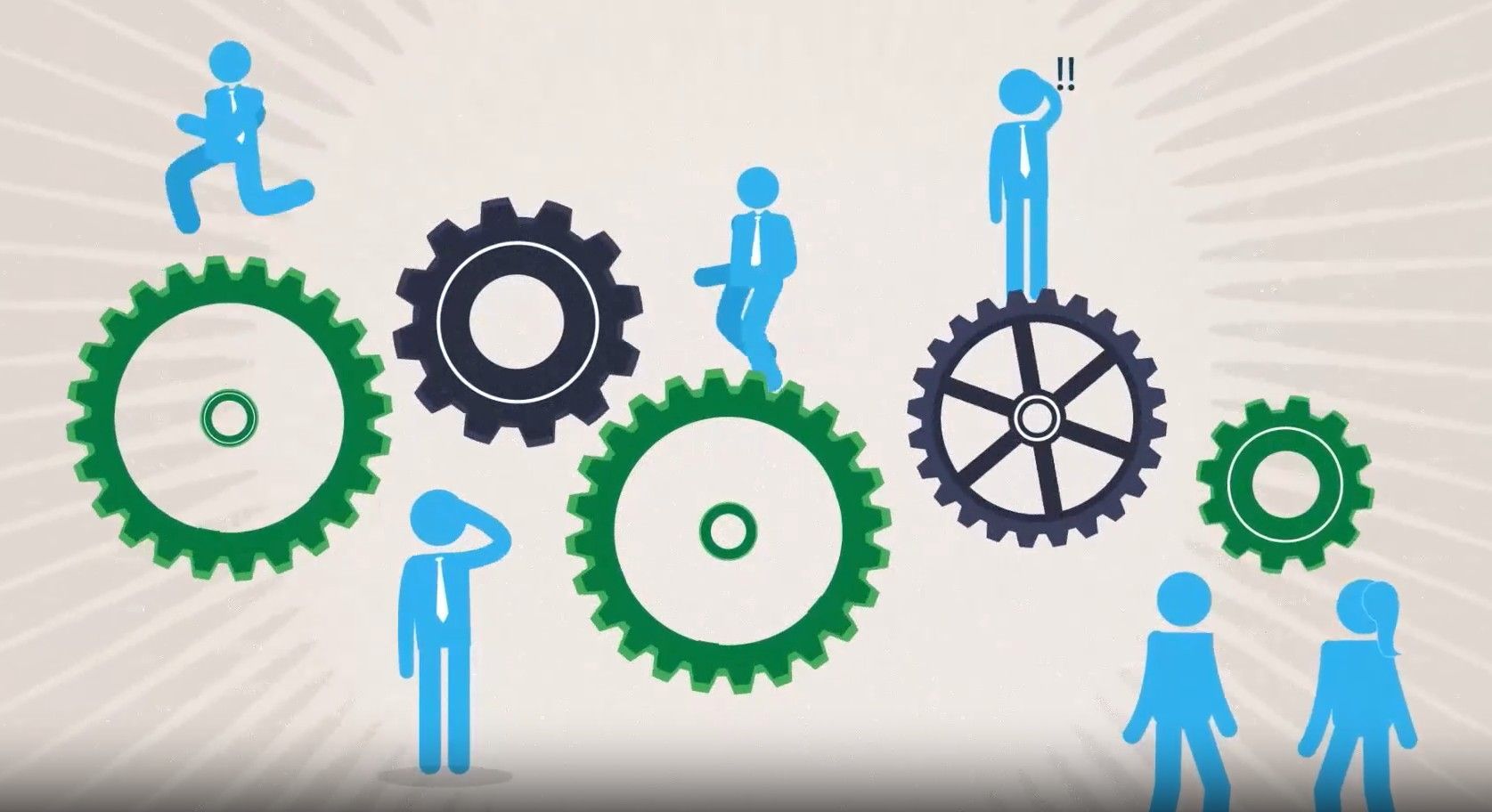To Consultative Selling . . . and Beyond
August 14, 2025
Yes, consultative selling can be a great approach to producing business-to-business revenue. But it can also be a lot more. Here are some ideas on how to make it work for you in other areas of your life, too.
Over the nearly thirty years we’ve been teaching consultative selling to sales reps, executives, and professionals we’ve been surprised at the many other creative uses to which people put the principles and practices we teach. But we probably shouldn’t have been. After all, consultative selling is a form of persuasion, and we all use persuasion in our lives to achieve goals that go beyond developing business.
How can a consultative selling approach work to resolve other challenges in life that don’t necessarily require selling so much as persuasion? (And there is a difference, as we’ll see.)
Let’s take a look at Tom Sawyer. Was he a con artist or a master seller?
Sentenced to painting his Aunt Polly’s fence as a punishment, Tom Sawyer turned his jeering friends into happy helpers who painted the fence for him. Was Tom just a mischievous con artist here? We don’t think so. He used fundamental consultative selling principles, not to sell, but to persuade.
Tom uncovered a need, though not one satisfied with goods or services: Small boys on a sleepy holiday afternoon can be downright desperate to be entertained. Tom transformed Aunt Polly’s punishment into a privilege that only specially selected boys were allowed to enjoy. And they did, big time.
But Tom did not “create a need” to deceive or cheat his friends. He did not con them. He “created value” that satisfied a need that was already there. He found an implicit need and made it explicit. That’s a skill the very best business developers apply to the point that they are, essentially, the 20 percent of salespeople who bring in 80 percent of the business. Their success is not an accident, and their process can be taught. (We do just that.)
So, in one sense, Tom’s approach to creating value moved beyond the arena of traditional consultative selling to the realm of persuasive communications. Here’s another example.
A priest who leads a major seminary reported that he took our course because he sees himself as being in the persuasion business: to persuade bishops to suggest that future priest candidates consider his seminary, that priests see the value of attending his seminary, and that his board of directors are not only motivated to raise more money but that they also know how to do it. The principles, and even techniques, of FOCIS® worked well in an environment that’s clearly not business-to-business selling.
As in consultative selling, persuasive communication relies on the integrity and intent of its process. It’s not manipulation, and it’s not bullying. It guides people to conclusions that will best serve their particular needs. When you’ve successfully persuaded someone to do something, it’s because they want to do it, not because they’ve been forced to do it—just like Tom’s friends.
Two experienced attorneys who handle complex negotiations both in and out of the courtroom used what they learned in FOCIS® to resolve a not-uncommon family problem: their teenage sons weren’t working hard enough on their studies. The parents were understandably worried that the boys wouldn’t achieve their goals after high school because they couldn’t see beyond next week’s football game. Unproductive family confrontations had become common—even hurtful—for everyone. The attorneys tried a new tack. In their roles as parents, they applied FOCIS® to persuade , not sell , their kids on the value of paying much more attention to their schoolwork. The boys did study harder, and the emotional confrontations virtually disappeared.
Also as in consultative selling, persuasion is not simply education. It employs education but goes further to help people identify and clarify issues they’re facing and to find the best solutions. Another way to look at it is that you’re helping all those involved in decision-making to determine what the best decision is.
A teaching golf pro who took FOCIS® spends a good deal of time and effort helping golfers improve their game. He told us that he now uses consultative selling techniques to sell his club members on the value of buying lessons. But once they become students, he uses consultative selling principles, with some adjustments, to persuade those same students on the value of taking the advice and suggestions he provides during their lessons.
Persuasive communications based on consultative selling principles and practices can also be used in business-related work that’s not business development.
A plant manager took our course with his sales team to build their sales skills and develop a repeatable sales process. But then he used what he had learned to present and win approval of his capital budget. The company’s president not only said, “I approve your request,” but also that he wanted “all future requests to follow the template you used here to present your case.”
Business developers of all stripes —salespeople, attorneys, engineers, architects, construction professionals—have applied their FOCIS® training for its original purpose: To help business developers reach their full potential to bring in customers and clients. Quite a few have even become top producers: the 20 percent who produce 80 percent of all new business. And the training has even changed the fortunes of firms, companies, and individuals:
- The law firm that had lost five Fortune 500 opportunities in a row—and then won the next five
- The health-care firm that made a billion-dollar sale and catapulted to the next level of revenues and profits
- The former North Carolina state trooper—completely new to sales of any kind—who became the number-two producer on a 30-person staff.
So, yes, we know from the experiences of our clients that the consultative selling training we provide does exactly what it’s intended to do. But we also know that it can do a lot more. If you want to learn more, just get in touch at 847-446-0008 Ext. 1 or e-mail pkrone@productivestrategies.com . We’ll be happy to discuss all the possibilities of becoming better at selling—and at persuasion.
The post To Consultative Selling . . . and Beyond appeared first on Productive Strategies, Inc..










